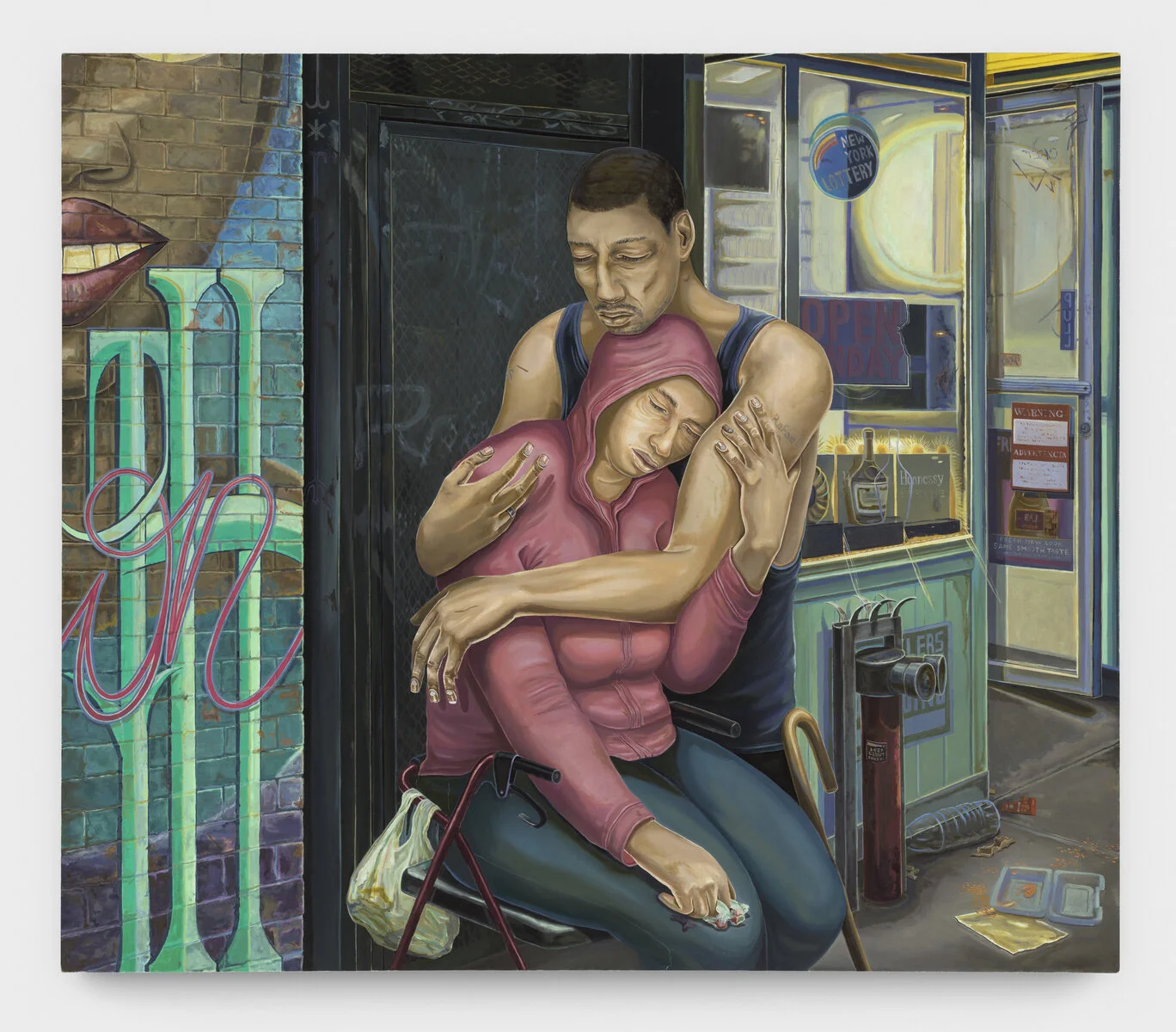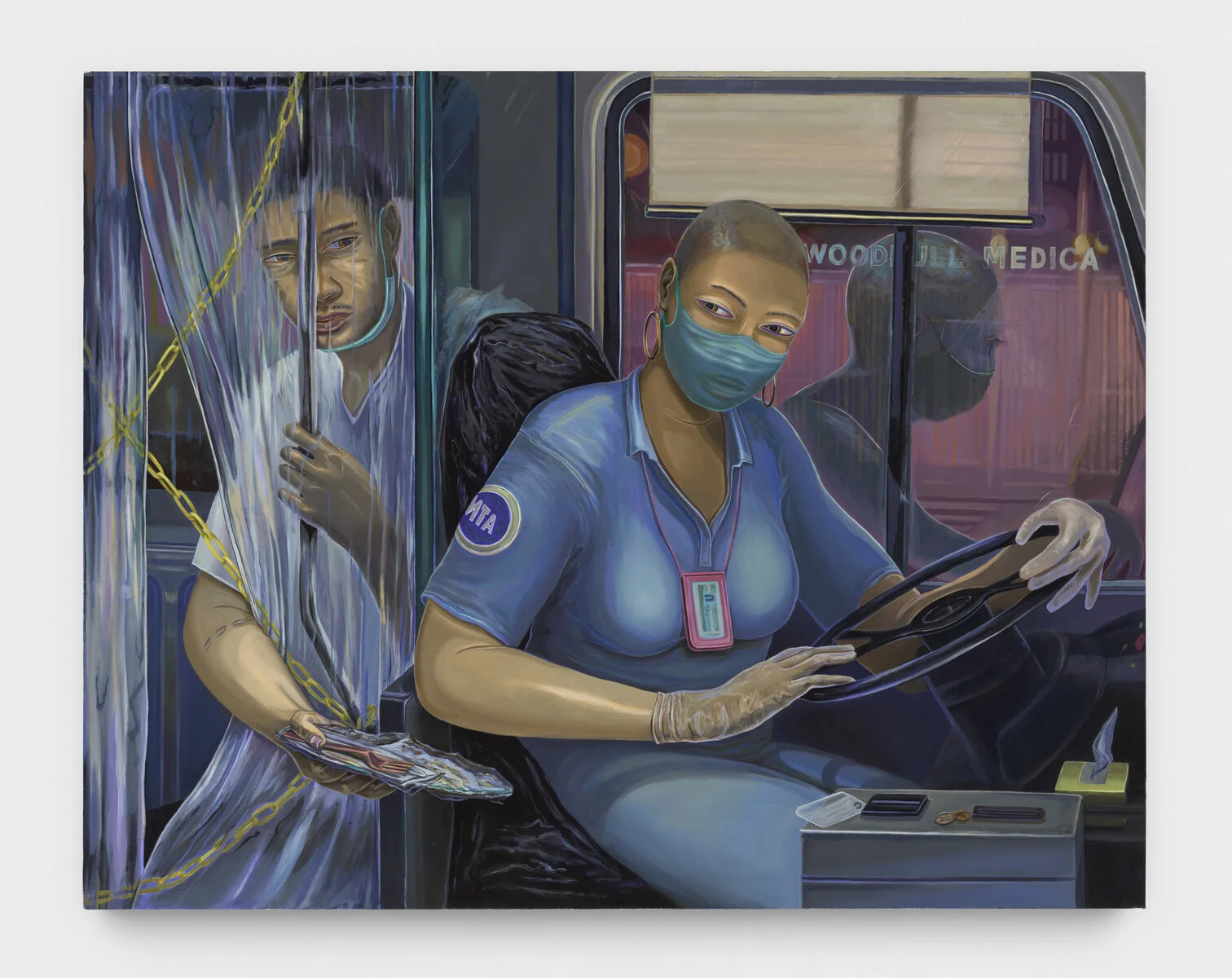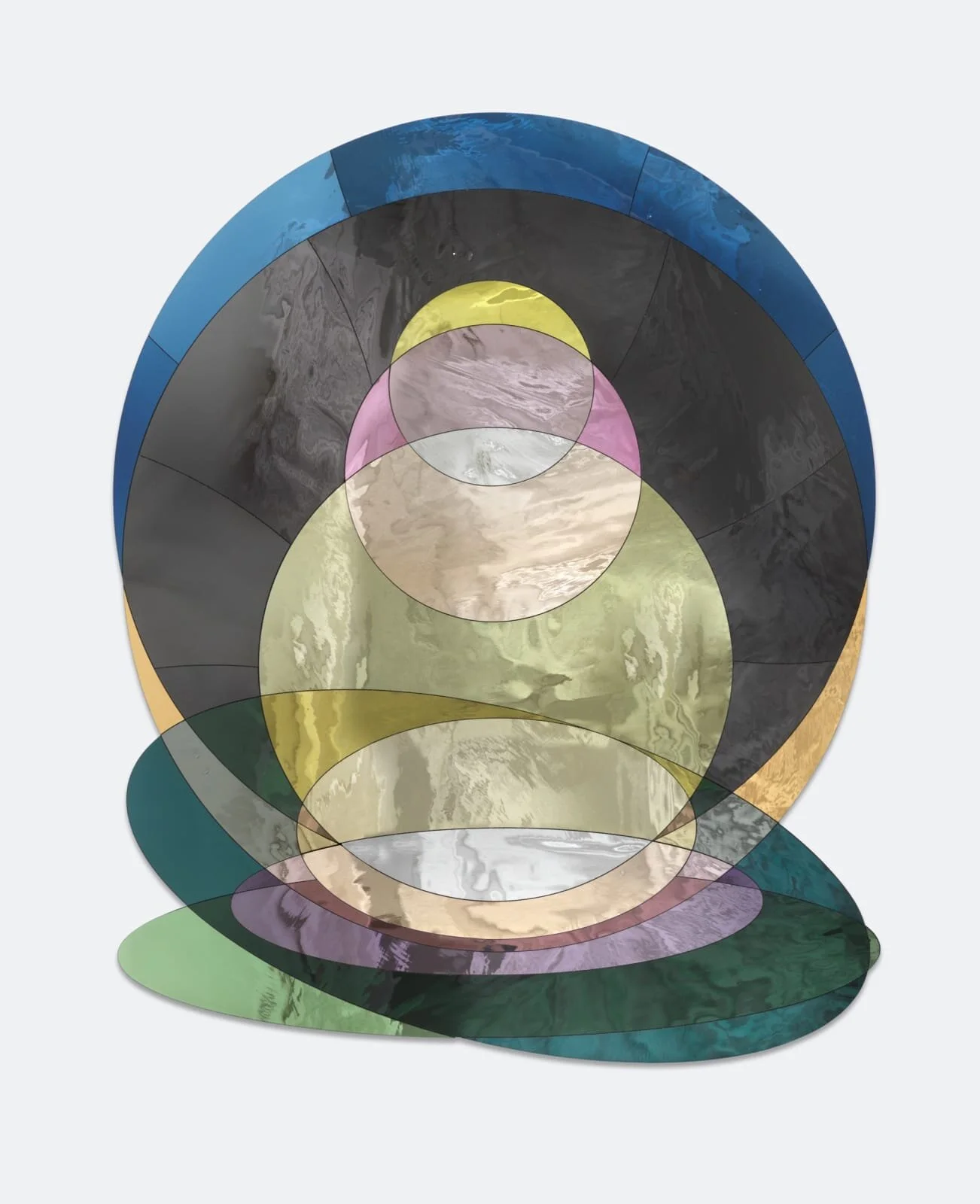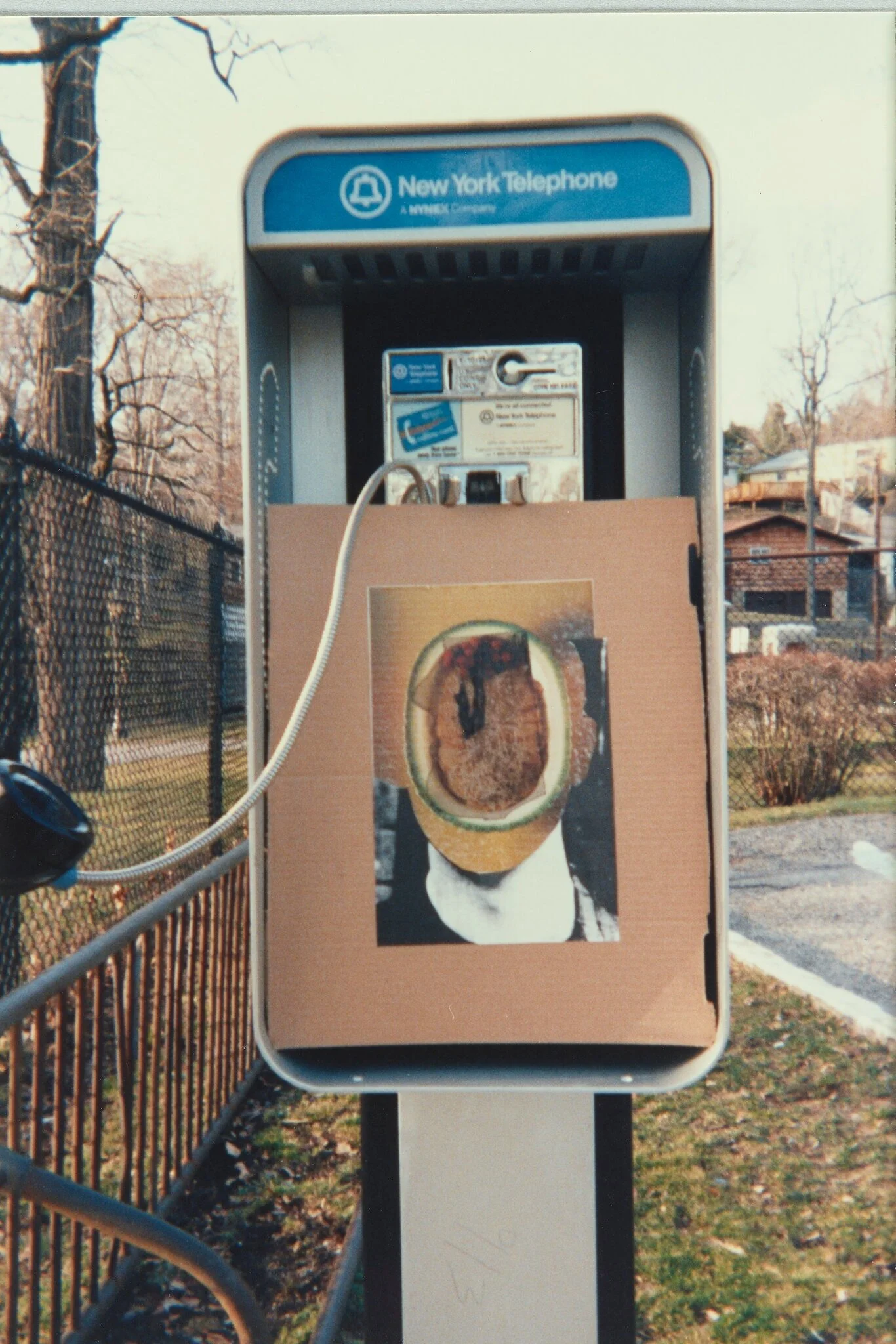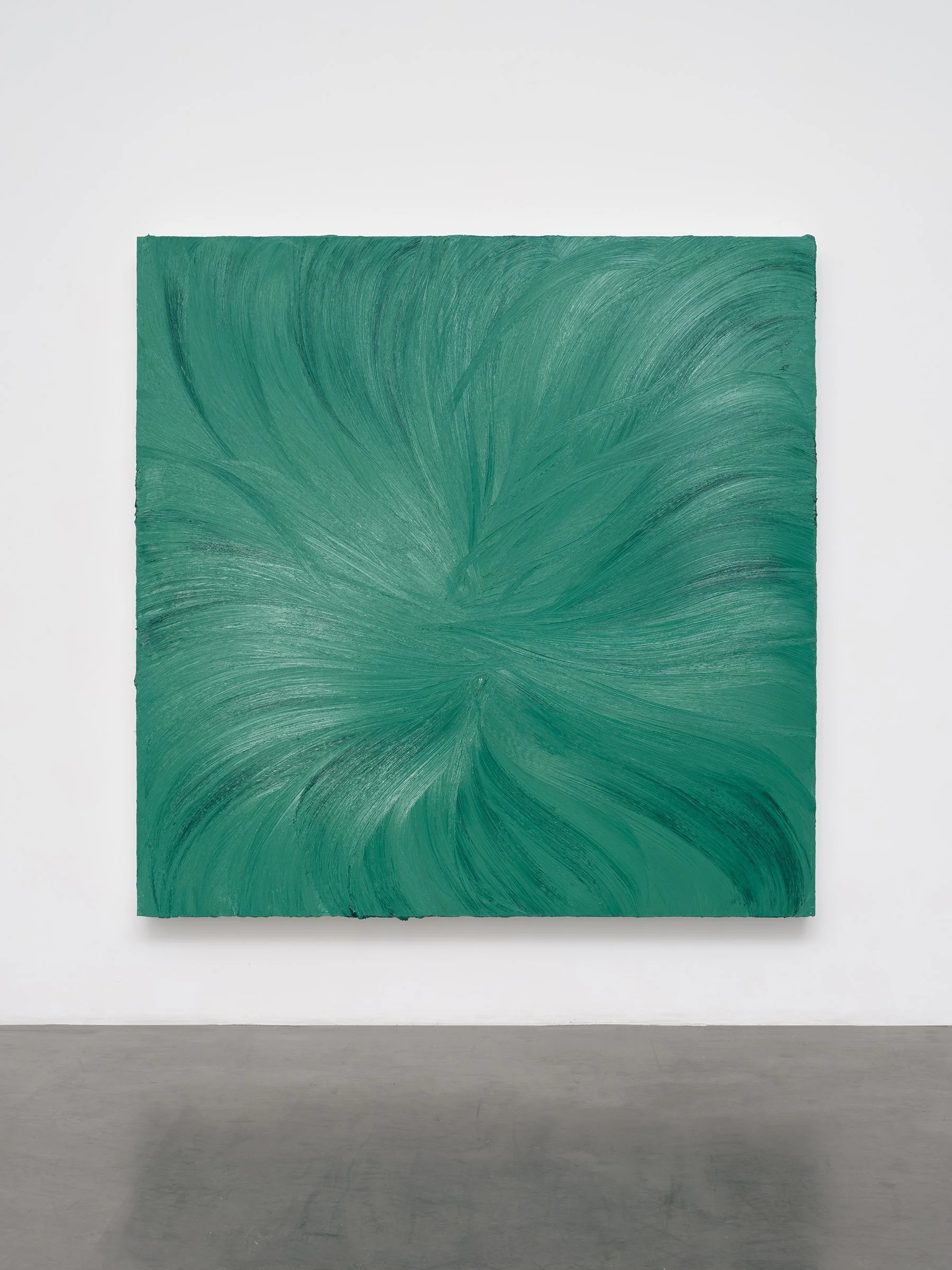Martin Wong & Aaron Gilbert
“1981–2021”
New York, 392 Broadway
Sparking an intergenerational dialogue, this exhibition focuses on two artists whose practices amplify the societal pressures of both their private lives and the New York communities they inhabit. Spanning over 40 years, their work chronicles a continuum of life within a city under siege. From long abandonment compounded by the gutting of public resources, to the mass displacement of black and brown communities, and ultimately bookended by two distinct pandemics, AIDS and COVID-19, both Wong and Gilbert offer windows into the lived realities of their time to reveal transformative potential in the face of societal precariousness.
Aaron Gilbert Nightshift B15, 2020 oil on linen 30 x 38 in
Despite the recent resurgence of figurative painting, few artists working today match the nuanced poetry and symbolic density of Wong’s singular vision. Wong first moved to New York in 1978, eventually settling on the Lower East Side, where he turned his attention exclusively to painting. From there, he set forth to depict urban life and through his diaristic approach, built a landscape of stacked bricks, crumbling tenements, closed storefronts, fingerspelling and more. Describing his choice of subject matter, Wong said, “Everything I paint is within four blocks of where I live, and the people are the people I know and see all the time.” More than an artist, Wong was a “documenter of the constellation of social life” during his lifetime.
Martin Wong Prison Bunk Beds, c. 1988 acrylic on canvas 60 x 48 ins
This description, written for Wong’s renowned Exit Art exhibition in 1988, could just as easily be said of Gilbert now. His quietly charged, domestic scenes circumvent the boundaries imposed by a capitalist society to unearth complex emotional terrains in the presence of crisis. Much like Wong, Gilbert directs his own idiosyncratic lens to his home, neighborhood and surrounding community. Both of these deeply personal and poetic artists turn narrative convention on its head by illuminating historic moments through the private lives of those around them, rather than lauded public figures. This intentional inversion lays their unique visions of the world bare in order to usher in the possibility of new ones.
And yet, for Gilbert, the historical significance of Wong’s work is still yet to be fully recognized. Describing his own connection with Wong’s work, Gilbert says “Wong created a new template for what we could ask and expect from figurative painting. I felt I had found someone whose personal relationship to his work was genuine. He wasn't performing his world for another audience, he was capturing what he loved in the sincerest way, and freezing it in that special perpetual moment that great paintings seem to live eternally in. His work invites us to enter his world and inhabit it on its terms.”

